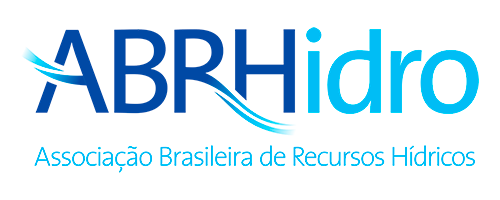9th International Symposium on Integrated Water Resources Management (IWRM) | 14th International Workshop on Statistical Hydrology (STAHY) | I EBHE - Encontro Brasileiro de Hidrologia Estatística
Data: 04/11/2024 à 07/11/2024
Local: Florianópolis-SC
Mais informações: https://www.abrhidro.org.br/iebhe
BIBLIOMETRIC REVIEW OF THE INTEGRATED MANAGEMENT OF SANITARY SEWERAGE AND STORMWATER DRAINAGE SYSTEMS
Código
I-EBHE0075
Autores
Larissa Turini, MAURO MEDEIROS DE CARVALHO JUNIOR, Antonio Krishnamurti Beleño de Oliveira, José Paulo Soares de Azevedo
Tema
WG 1.03: Urban Water - Urbanization phenomenon & adequate water management
Resumo
Sanitary sewerage and urban drainage are essential components of basic sanitation, related to the surface runoff of rainwater and sewage, following natural or urban inclinations. Despite legal guidelines for separate sewer systems, in practice, there are frequent irregular interconnections, leading to combined systems where untreated sewage can contaminate water bodies, threatening public health and ecosystems. Urban drainage can also contribute to problems in the sanitary sewerage system through inadequate installations and flooding that affect treatment plants. Disease outbreaks, such as Cryptosporidium in Sweden, exemplify the health risks resulting from these contaminations. Effective management of these systems in vulnerable areas requires a multidisciplinary approach that considers technical, political, financial, and public health aspects. Studies suggest that the sustainable development of sanitary sewerage and urban drainage systems depends on sustainable practices and integrated management strategies that address all involved aspects. In this context, the present study aims to conduct a bibliometric analysis of the integrated management of these systems, identifying important aspects through a comprehensive literature review. The methodology adopted includes a bibliometric approach to quantitatively assess published research and a literature review to provide a conceptual framework. A total of 163 publications were included in the research repository, revealing a predominance of articles in relevant scientific journals. The bibliometric analysis indicated that interest in the topic has grown over the years, peaking in 2020. The most frequent publications were in journals such as Water Science and Technology and the Journal of Environmental Management. Keywords such as 'Management,' 'Water quality,' 'Real-time control,' and 'Framework' highlight the importance of integrated management for efficiency and sustainability. Water quality, crucial for public health, requires real-time monitoring and control methods. Integrated infrastructure management emerges as a strategy to unify the management of sewage and urban drainage systems, optimizing performance and sustainability. Additionally, the interconnection between natural and urban water systems demands harmonious coordination for the sustainable use of water resources. Therefore, integrated management is not just a trend but a necessity to address contemporary challenges of efficiency and sustainability, maximizing synergies and eliminating redundancies. It is concluded that the adoption of integrated approaches is fundamental to tackling the challenges of sanitary sewerage and urban drainage, promoting a more resilient and sustainable urban environment. It is emphasized that effective coordination between systems must consider technical, political, institutional, financial, and socioeconomic aspects, aiming to optimize the performance and sustainability of cities, highlighting the importance of a holistic and coordinated approach to resource management.

